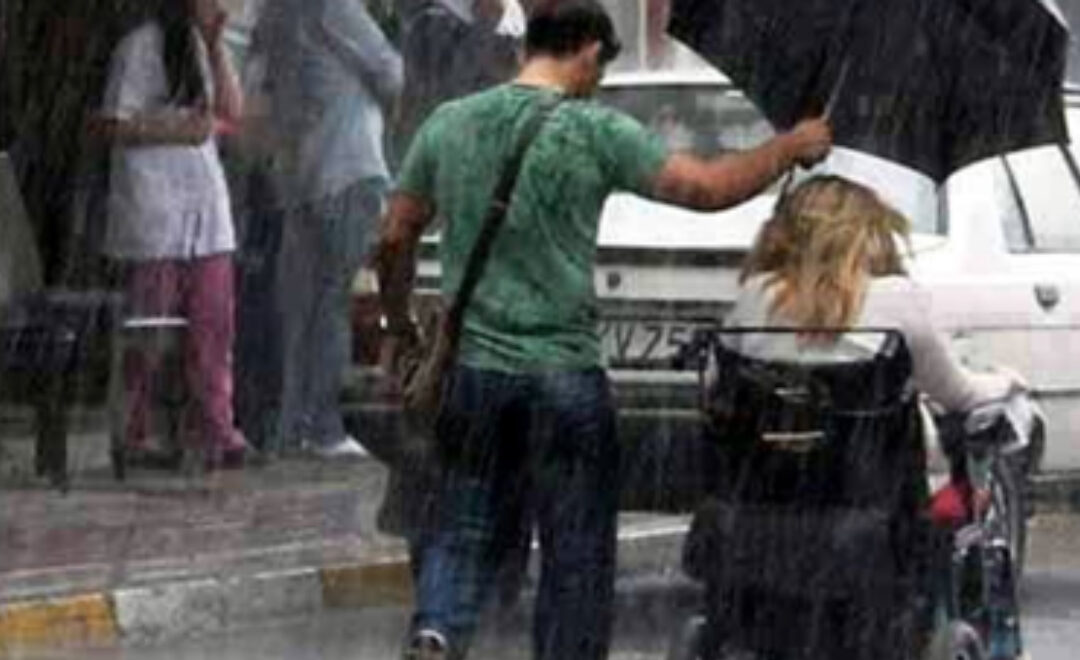According to new research, those who experience depression or anxiety symptoms can aid their own recovery by helping others.
In contrast to two other therapy approaches used to treat depression or anxiety, the study found that practising acts of kindness resulted in improvements.
The acts of kindness technique, which was the only intervention tested, was most importantly the only one that improved participants’ sense of interpersonal connection, according to study co-author David Cregg, who oversaw the project as part of his psychology Ph.D. dissertation at The Ohio State University.
“One of the elements of life that is most closely linked to well-being is social interaction. One of the most effective methods to foster those ties seems to be to practise acts of kindness,” Cregg added.
Cregg collaborated on the study with Ohio State psychology professor Jennifer Cheavens. The study was published in the Journal of Positive Psychology.
The study also clarified why doing good deeds was so effective: People were able to focus on anything other than their personal anxiety and depression symptoms.
According to Cheavens, this finding raises the possibility that a common assumption about depressed individuals may be inaccurate. She said, “We frequently believe that people who are depressed already have a lot on their plates and shouldn’t be asked to take on more responsibilities.” “These outcomes, however, contradict that,” she added.
Cheavens stated “People with depression and anxiety may find that being kind to others and paying attention to their needs makes them feel better about themselves.”
The study involved 122 people in central Ohio who had moderate to severe symptoms of depression, anxiety, and stress.
The participants were divided into three groups after an introductory session. Two of the groups were assigned to techniques often used in cognitive behavioral therapy (CBT) for depression: planning social activities or cognitive reappraisal.
The planning of social activities group was instructed to plan social events for two days a week, and the cognitive reappraisal group was instructed to arrange cognitive reappraisals for two days a week. Another group received training in cognitive reappraisal, a cornerstone of CBT.
These participants maintained records for at least two days each week that assisted them in recognizing unfavourable thought patterns and revising their ideas in a way that would lessen melancholy and anxiety.
The third group was given the assignment to carry out three deeds of kindness every day for two days of the week. “Big or small acts that benefit others or make others happy, generally at some cost to you in terms of time or finances,” was the definition given for acts of kindness.
Participants afterwards reported performing various acts of kindness, such as baking cookies for friends, offering to drive a friend, and writing encouraging remarks on sticky notes for roommates.
Five weeks later, once the participants had adhered to their instructions, they underwent another evaluation. After another five weeks, the researchers followed up with the subjects to see if the interventions were still working.
The results revealed that after the study’s 10 weeks, participants in all three groups experienced more life satisfaction and less symptoms of anxiety and depression.
The findings, according to Cregg, “are positive since they imply that all three research interventions are effective at lowering distress and raising satisfaction.”
However, he continued, “acts of kindness still show an advantage over both social activities and cognitive reappraisal by making people feel more connected to other people, which is a crucial component of well-being.”
The results also revealed that the acts of kindness group improved more than the cognitive reappraisal group in terms of life satisfaction and signs of anxiety and sadness.
Cheavens remarked that in this study, merely engaging in social activities was insufficient to enhance perceptions of social connectedness. “There’s something specific about performing acts of kindness that makes people feel connected to others. It’s not enough to just be around other people, participating in social activities,” she said.
Although CBT procedures were utilised in this study, according to Cregg, it was not the same as receiving CBT. People who receive the entire course of treatment might achieve greater outcomes than those in this trial. The results also demonstrate the value of even the brief exposure to CBT provided in this trial, according to Cheavens.
“Not everyone who could benefit from psychotherapy has the opportunity to get that treatment,” she said. “But we found that a relatively simple, one-time training had real effects on reducing depression and anxiety symptoms.”
Additionally, Cregg added that acts of kindness may have advantages over conventional CBT in terms of fostering social relationships.
“Simple acts of kindness can go far beyond other treatments in aiding the recovery of patients with sadness and anxiety,” he said.

